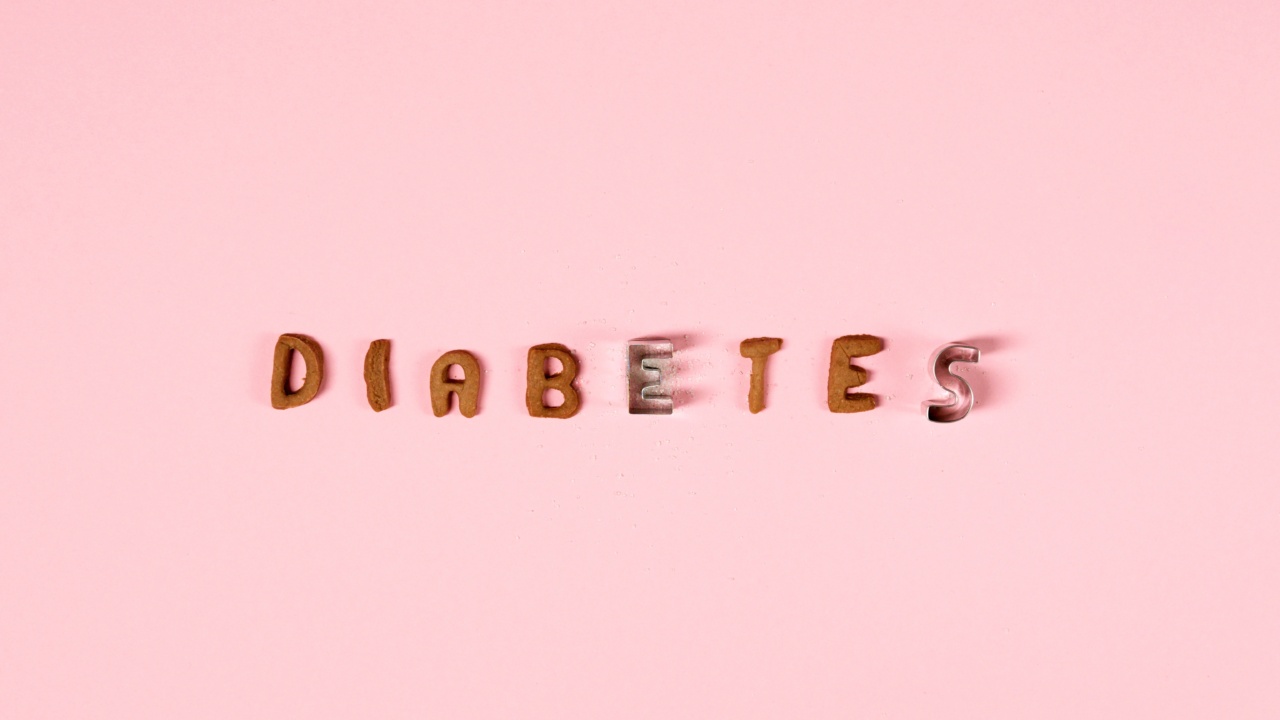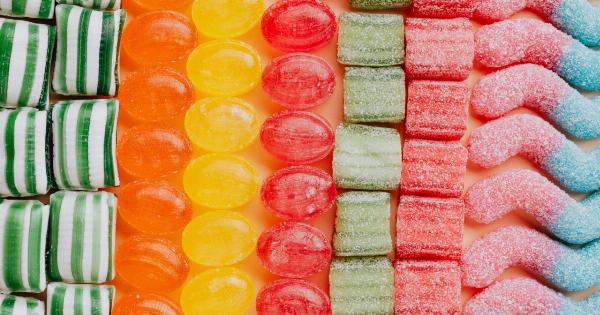There is a growing concern about the consumption of sugar-sweetened beverages and the risk of developing type 2 diabetes.
According to a study published in the British Medical Journal, drinking just one or two sugary drinks per day increases the risk of developing type 2 diabetes by 26%.
The Science Behind the Link
Sugar-sweetened beverages, such as soda, sports drinks, and energy drinks, have a high content of added sugars, including fructose and glucose.
When these sugars are consumed, they are rapidly absorbed into the bloodstream, causing a spike in blood sugar and insulin levels. Over time, this can lead to insulin resistance, a condition in which the body produces insulin but cannot use it effectively.
Insulin resistance is one of the primary risk factors for the development of type 2 diabetes. When the body becomes resistant to insulin, the pancreas is forced to produce even more insulin to keep blood sugar levels under control.
This can lead to a vicious cycle of increasing insulin resistance and insulin production, which ultimately can lead to the development of type 2 diabetes.
The Role of Sugar-Sweetened Beverages in Insulin Resistance
Sugar-sweetened beverages are thought to play a significant role in the development of insulin resistance through several mechanisms.
For one, the excess consumption of added sugars can lead to weight gain, which is a key risk factor for insulin resistance and type 2 diabetes.
In addition, studies have shown that consuming large amounts of fructose, a type of sugar commonly found in soda and other sugary beverages, can lead to hepatic insulin resistance, a condition in which the liver becomes resistant to the effects of insulin and is unable to control blood sugar levels effectively.
The Risks of Consuming Sugar-Sweetened Beverages
The risks associated with consuming sugar-sweetened beverages extend beyond the increased risk of developing type 2 diabetes.
These beverages are also associated with an increased risk of obesity, metabolic syndrome, and other chronic diseases such as heart disease and stroke. Studies have also shown that consumption of sugary drinks is linked to an increased risk of certain types of cancer, such as pancreatic and breast cancer.
Alternative Beverage Options
Many health experts recommend replacing sugary drinks with healthier alternatives, such as water, unsweetened tea, or low-calorie beverages.
Some people also choose to replace soda and other sugary drinks with natural fruit juices, although it is important to be aware that these also contain high amounts of natural sugars and should be consumed in moderation.
Conclusion
There is a clear link between the consumption of sugar-sweetened beverages and the risk of developing type 2 diabetes.
While sugary drinks should not be consumed in excess, there are many healthier options available that can help reduce the risk of developing insulin resistance and other chronic diseases.





























